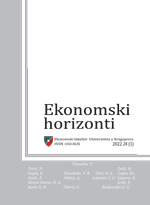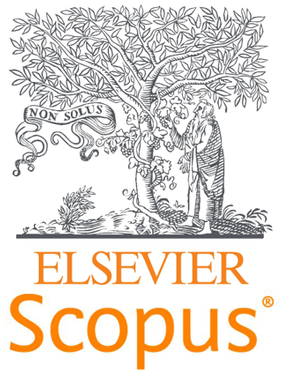THE IMPACT OF THE COVID-19 PANDEMIC ON THE HOUSEHOLD DEPOSITS VOLUME: THE CASE OF SLOVENIA
Malči Grivec1, Srečko Devjak2
1University of Novo mesto, Faculty of Economics and Informatics, Novo mesto, Slovenia
2MLC Management and Law College, Ljubljana, Slovenia
In this paper, the impact of the COVID-19 pandemic on the savings of Slovenian households in banks is explored. For this purpose, an econometric model is developed and the macroeconomic variables exerting a statistically significant impact on household deposits in banks are identified. Among all the macroeconomic variables considered in the paper, the research study has shown that there are only two macroeconomic variables with a statistically significant impact. These two macroeconomic variables are the Euro Overnight Index Average (EONIA) reference interest rate used as a proxy variable for the rate of return, and the price of one Bitcoin as a yield on an alternative investment opportunity. The results of this research study are important for both the Central Government in Slovenia and for Slovenia’s banks as household deposits are a source of funding for banks in the time of a crisis as well, and because of the fact that the volume of the loans granted accelerates the GDP growth, which shows the successful implementation of the economic policy.
Keywords: banking, household deposits, EONIA, Bitcoin, Slovenian Stock Exchange Index, COVID-19
JEL Classification: E21, G21, G52, D14




